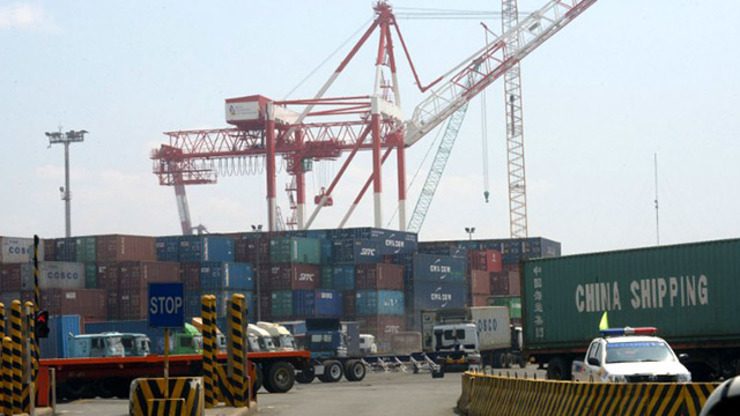SUMMARY
This is AI generated summarization, which may have errors. For context, always refer to the full article.

MANILA, Philippines – Clearing conflicts of interest and instituting reforms to level the playing field among the harbor pilots operating in the country’s ports are the objectives of the concluded study by the Department of Justice-Office for Competition (DOJ-OFC).
The study was jointly conducted with the Philippine Ports Authority (PPA) in an aim to “assess, identify and resolve competition issues in the movement of cargo and goods starting with the ports of entry,” the DOJ said in a statement, Monday, November 3.
“The objective is to push for competition reforms. The mandate of the DOJ is to level the playing field,” DOJ secretary Leila M. De Lima said.
Among the major competition-related issues that surfaced, are:
- Monopolization of pilotage services due to exclusive privilege granted to harbor pilots association
- Lack of transparency in harbor pilots’ transactions
- Non-compliance of harbor pilots with the prescribed rates and services
As such, the study mainly recommends to liberalize the pilotage industry.
In February 2013, The House of Representatives approved on second reading a bill seeking to regulate harbor pilots and harbor pilotage services in all ports in the Philippines.
Parañaque City 2nd district Rep. Roilo Golez proposed House Bill (HB) No. 6870, substituting for HBs 296, 1204, 4652 and 4743, previously said the bill, once enacted into law, will hasten the growth and development of Philippine ports whether owned and maintained by the government or by private entities.
HB 6870 also aims to improve the traffic management system in Philippine ports and ensure the safety of passengers, port facilities, vessels, cargos, and other port uses.
A creation of the Pilotage Committee and enabling it with the power to regulate the pilotage profession and the conduct of pilotage service in all Philippine ports – including chartered ports, autonomous regions, and economic zones – is also the thrust of the bill.
A similar bill in the Senate, the Pilotage Service Act of 2013 or Senate Bill No. 996 filed by Sen. Antonio Trillanes is pending with the Public Services committee as of August last year.
“Improving efficiency at each step of the supply chain of the goods that pass through our ports will benefit consumers and end users. Reduced cost of transport will ultimately result to lower prices,” PPA General Manager Juan C. Sta. Ana said of the DOJ study.
The Philippines is focused on improving indicators in the World Bank’s ease of “Doing Business” report and the Global Competitiveness Index.
Under the new methodology for the “Doing Business” report, the Philippines was to have slid in ranking to 95 from 86 but according to the National Competitiveness Council, the latest ranking is an “improvement 13 countries from a rank of No. 108 based on last year’s published report of the IFC.”
Manila’s temporary months-long daytime truck ban was among the reasons cited by the report for the Philippines’ lower ranking. It said the ban made trading across the Philippines’ borders “more difficult.” (READ: After truck ban, Manila ports start to breathe) – Rappler.com
Add a comment
How does this make you feel?
There are no comments yet. Add your comment to start the conversation.